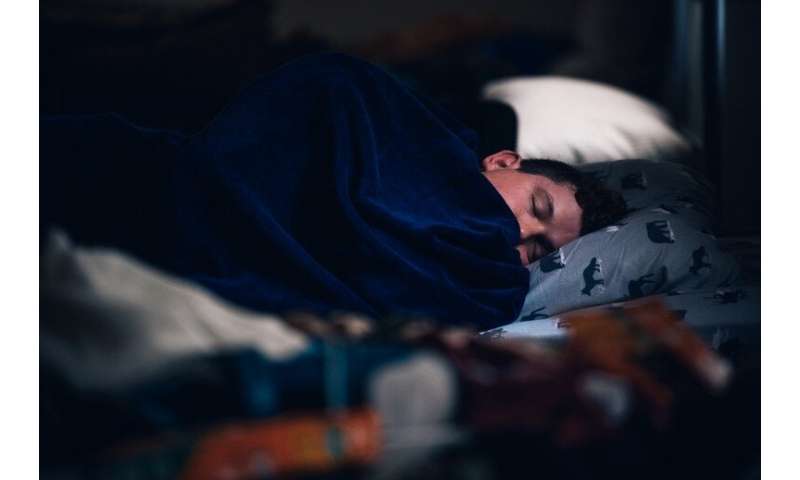Does sleep really keep you healthy?

A recent article published in the Academy of Nutrition and Dietetics, states getting enough sleep can actually help you maintain a healthier lifestyle. With the COVID-19 pandemic affecting our quality of life, remaining healthy should be a priority.
Adults are recommended to get at least seven or more hours of sleep each night, children ages 6-12 need nine to twelve, and ages 13-18 need eight to ten. Experts have concluded that lack of sleep can lead to the following health issues:
- Diabetes—Insulin helps regulate glucose control and lack of sleep can reduce insulin production. Having a healthy balance between insulin and glucose is key to avoiding Type 2 Diabetes. Along with proper nutrition and exercise, adequate sleep has the possibility of slowing the risk of developing Type 2 Diabetes.
- Stress and immunity—Lack of sleep can increase stress hormones preventing good hormones from functioning properly and hinders the body from rejuvenating its defense against illness. Adequate sleep improves our body’s ability to attack a bad virus and allows us to jump in quicker to destroy it. Lack of sleep also increases white blood cells which in turn increases our inflammation and has the potential to slow our recovery from illness. Sleep helps remove toxins from the brain, which we produce during waking hours.
- Cardiovascular illness—By not getting adequate sleep, we have a tendency to increase “bad” cholesterol in the form of LDLs. These are the ‘artery cloggers’ and prevent smooth blood flow. Not all studies are conclusive, but hindering sleep can lower our ability to make “good” cholesterol, which are the artery protectors. Blood pressure goes down during sleep so having limited sleep can cause extended periods of high blood pressure. This can lead to hypertension and more serious cardiac issues.
Ever advancing scientific research is indicating that children who do not obtain adequate sleep have a higher incidence of developing Type 2 Diabetes. Sleep aids in reducing behavioral issues and improves mental health.
Source: Read Full Article


